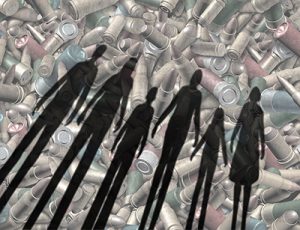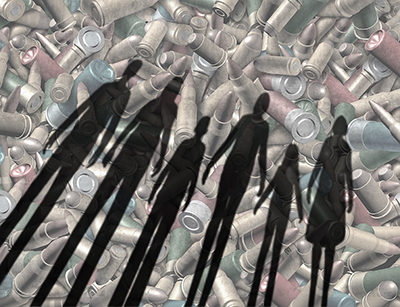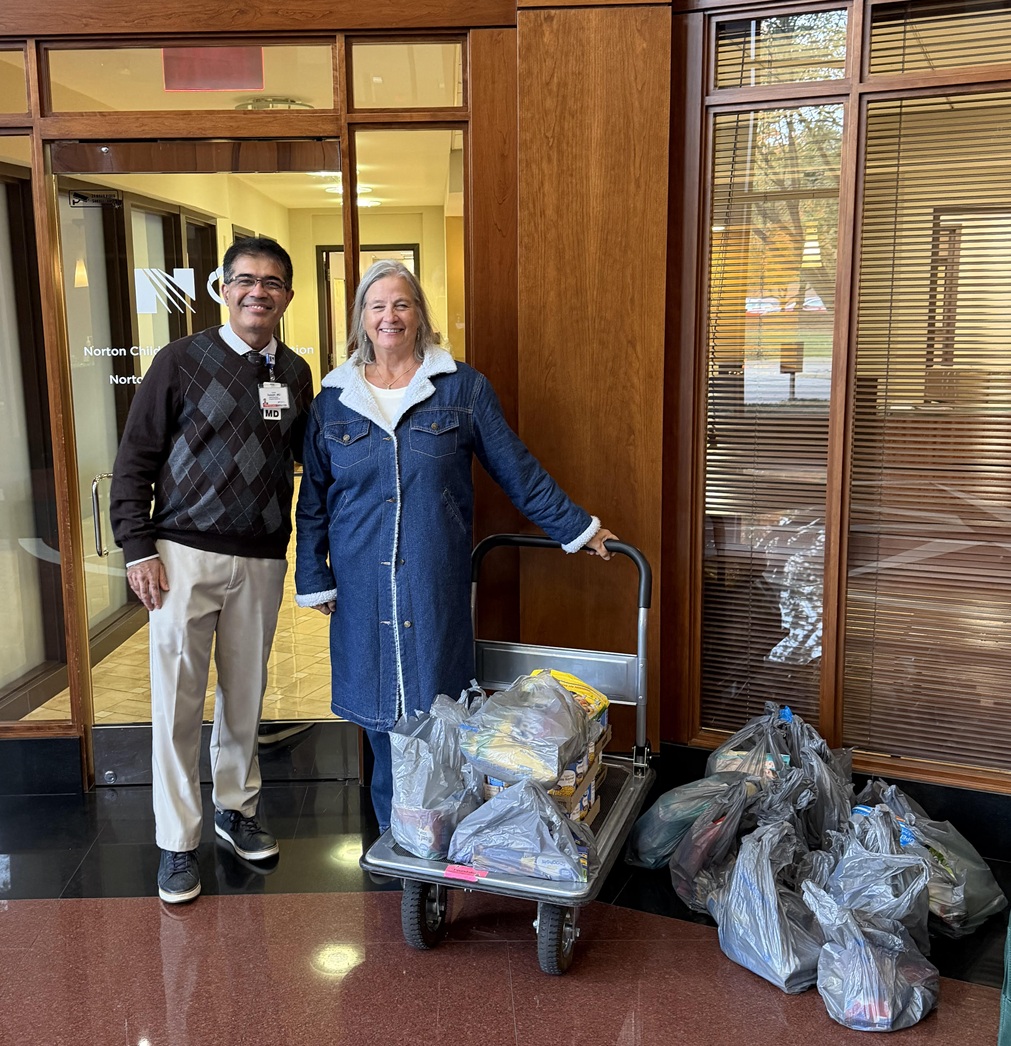 This is tragic. Just as Muslim Americans for Compassion was drafting a message in response to last weekend’s mass shooting in El Paso, Texas, news about the mass shooting in Dayton, Ohio, hit the airwaves. We are now to a point where such horrific occasions aren’t marked by the year or location (“the Columbine mass shooting” or “the Pulse Nightclub mass shooting”); rather, we now refer to them as “today’s mass shooting.”
This is tragic. Just as Muslim Americans for Compassion was drafting a message in response to last weekend’s mass shooting in El Paso, Texas, news about the mass shooting in Dayton, Ohio, hit the airwaves. We are now to a point where such horrific occasions aren’t marked by the year or location (“the Columbine mass shooting” or “the Pulse Nightclub mass shooting”); rather, we now refer to them as “today’s mass shooting.”
What is almost as bad as the massacres themselves is the rhetoric that follows. Who is to blame? What is the cause? Is it a gun issue? Is it a mental health issue? Is it a race issue? Is it all of the above? These are questions that remain unanswered thanks to a loud, unproductive, and hostile public discourse.
Sadly, there are clear winners in the wake of such tragedies. Candidates vying for elected office make the most of the free press granted for their statements. Television ratings skyrocket as pundits on all sides of the issue deliver their commentaries. As those ratings go up, advertisers make a fortune.
Our society revels in demonstrating what “hopeless” looks like, and we at Muslim Americans for Compassion are disgusted by the whole state of affairs. We agree that “thoughts and prayers,” while important, are not enough.
If humanity is to rise above the worst of itself, then it must use compassion as a first and significant stepping stone. Not just compassion for the victims of the horror, but compassion for those who initiate the horror. Yes. That’s a hard one for sure. To consider how a person who at the moment he or she becomes a harbinger of death is also in the darkest moment of his or her life. We are reminded of our keynote speaker at this year’s interfaith Iftar dinner, Dr. Abdul-Munim Sombat Jitmoud, who, in 2017, hugged the murderer of his son in a Kentucky courtroom. Jitmoud’s act of compassion in the midst of such a deep personal struggle was featured on the National Geographic Channel’s “The Story of God with Morgan Freeman.”
Compassion must become the root of who we are and what we are called to do in the world. Each of us must engage the world with the greatest manifestation of peace that we can muster. Community service, involvement on one’s church, hands-on advocacy for the weak, oppressed, and downtrodden. Less shouting and more doing. Turn off our televisions, put down our phones, leave our homes, and lend a hand to someone in need. Our world needs more acts of kindness and less chants of derision. Compassion can indeed help silence violence.
Please do not interpret our message as a ham-fisted call for “everyone to just be nice and everything will be OK.” It’s not that simple. We fully acknowledge that policies regarding gun ownership must change. Racism is very much alive in our society and must be addressed in the courtroom and in the offices of our elected officials. Mental health is a booming business. These and so many other factors will once again lead to another act of extreme violence. Failure to address these issues, coupled with our own apathy and indifference, place the blame for these tragedies directly on all of us.
Keep the victims of this past weekend’s violence (and any act of violence) in our thoughts and prayers. Additionally, let us find the best ways to bring our thoughts and prayers to life. What are some productive ways to heal those who hurt? How can we – individually and collectively – be harbingers of peace in an often broken world?
We certainly do not have all of the answers, but we are definitely not going to give up.




